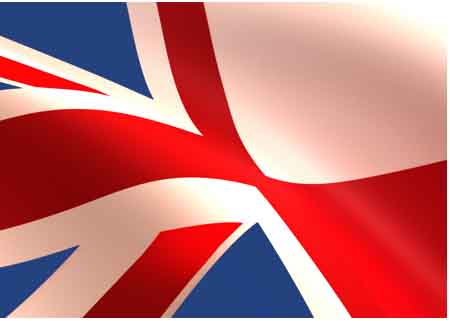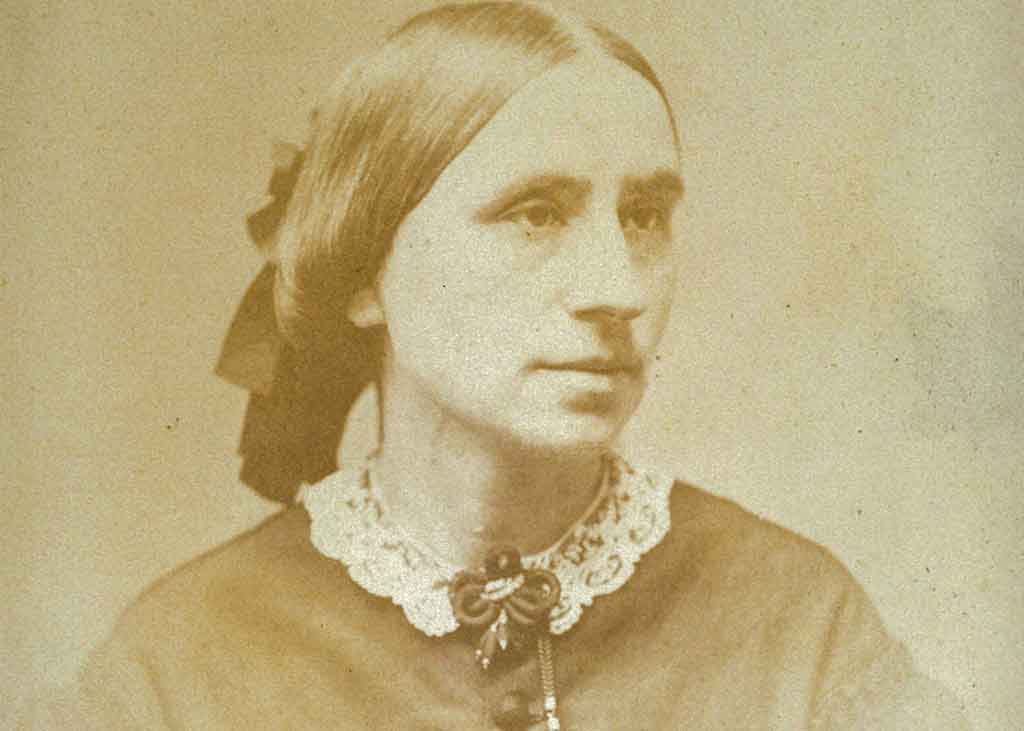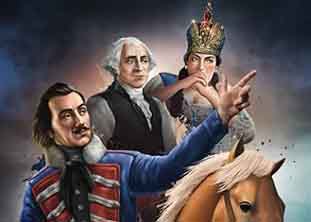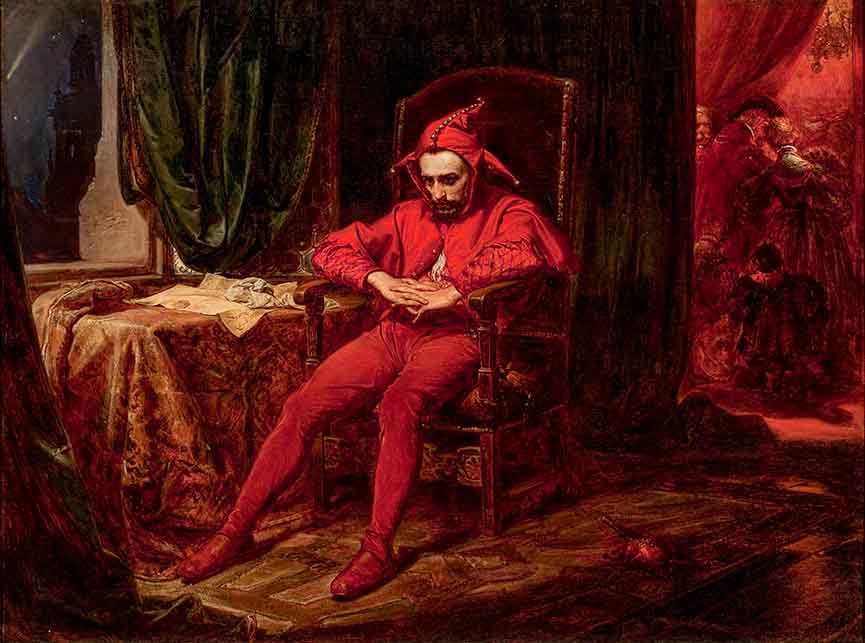Dr Karol Nawrocki, President of the Institute of National Remembrance, visited London to meet with Polish community living in Britain, unveil the exhibition “Trails of Hope. Odyssey of Freedom”, the fate of Poles during World War II and give a lecture entitled „Polish history without secrets”. The meeting was organised on 9 February by the Polish Library at the POSK Polish Social and Cultural Center.
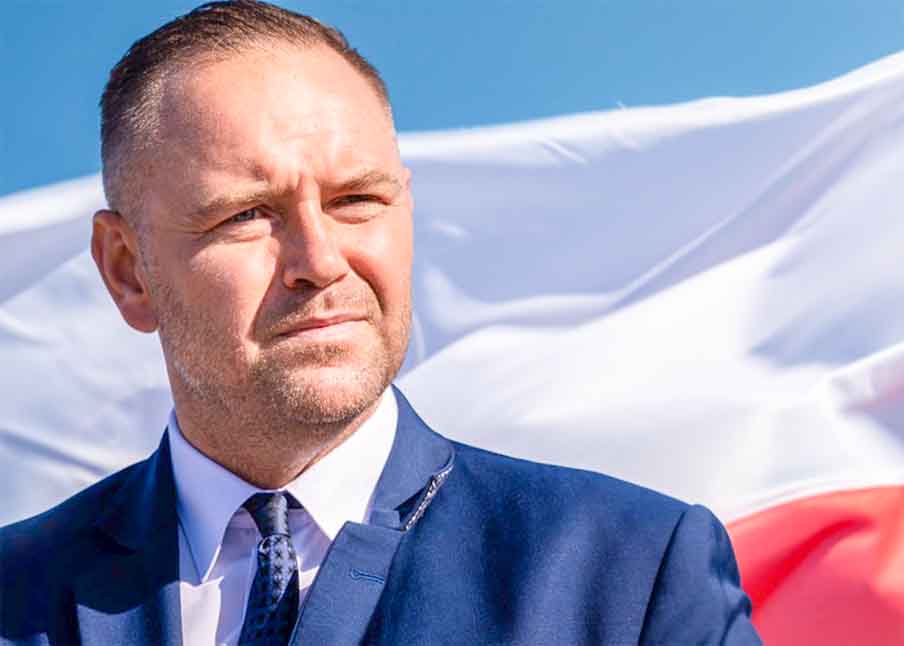
Doctor Karol Nawrocki, President of the Institute of National Remembrance (Source: IPN)
On this occasion, the portal BritishPoles.uk took the opportunity to interview President Nawrocki to bring our readers up to date with the Institute’s activities and plans for future.
George Byczynski, British Poles: Welcome, Mr President. Let us perhaps begin with a brief historical outline, for our readers. The Institute of National Remembrance has already existed for a quarter of a century. How has the state of Polish historiography changed thanks to the establishment of the Institute? You are restoring the memory of heroes whose existence was spoken of in whispers or not at all in communist times. How many gaps and white spots have you managed to find?
Karol Nawrocki, Institute of National Remembrance: It is enough to look at the titles of the Institute of National Remembrance’s Central Research Projects to realise how many white spots in Polish historiography we have already removed and are still removing. The establishment of the Institute of National Remembrance brought about a fundamental breakthrough in research into the broadly defined communist repressive apparatus and its victims – from the Poles in the Soviet Union, through the Cursed Soldiers, to the previously marginalised democratic opposition movements of the 1980s. Finally yet importantly, we reach out to topics that have seemingly already been studied from every possible angle, but in reality require a new research perspective and further painstaking queries. I have here in mind, for example, the German occupation during the Second World War.
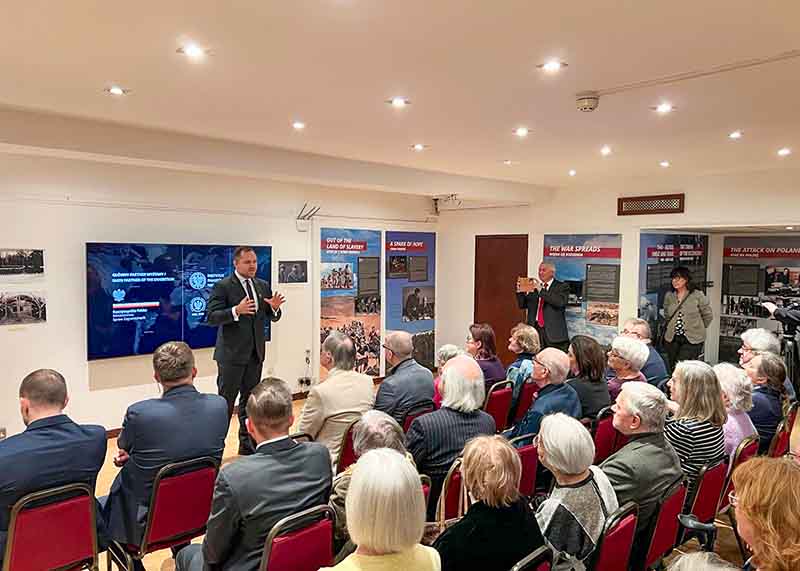
Dr. Karol Nawrocki opens the exhibition "Trails of Hope. "Odyssey of Freedom". Photo: British Poles.
GB: Recently, there has been a lot of misinformation concerning the complicity of Poles in the cruel crimes committed by the Germans in German-occupied Poland around International Holocaust Remembrance Day. In the European Commission’s video, in Die Linke’s social media in Germany, in The Independent, there were everywhere expressions about „Polish death camps” or the use of the term Auschwitz instead of Auschwitz. How does the Institute of National Remembrance respond and fight the distortion of history on this issue?
KN: An amendment to the Institute of National Remembrance (IPN) Act passed in 2016 imposes an obligation to counter „the dissemination in the country and abroad of information and publications with untrue historical content” that defames Poland or Poles. A special cell has been set up in the IPN’s International Cooperation Office to respond to such defamations. When the term „Auschwitz Camp, Poland” appeared in the European Commission video you mentioned, we responded with our own four-minute film reminding the simple truth about the German concentration and extermination camps. The Commission’s video has been corrected, which shows that the pressure makes sense. However, we are trying not only to react in an ad hoc manner, but also to reach out to the world more and more effectively with our World War II narrative. An example of the IPN’s most recent activity in this sphere is the film series 'Not Only the Ulms’, which pays tribute to both the victims of the Holocaust and the Poles who lost their lives helping their Jewish fellow citizens. It is no coincidence that our compatriots make up the largest group of people awarded the prestigious title „Righteous Among the Nations”.
GB: We have recently lost many veterans, not only in Poland but also in the UK. Some of them, like the late Colonel Otton Hulacki, lived for more than 100 years and were a living witness to history for all of us. What is the Institute doing to commemorate such heroes? Can ordinary Poles, for example Polish youth in England, somehow participate in these activities?
KN: Absolutely. Also outside Poland, there is a large number of people and institutions doing a lot for the commemoration of Polish history and supporting the IPN in its mission. We honour particularly meritorious individuals and institutions with the 'Custodian of National Remembrance’ and 'Ambassador of Polish History’ awards (previously called 'Witness of History’ in the category of foreign countries). Among the laureates are also people from the United Kingdom. For example, the aforementioned title of Custodian of National Remembrance was awarded in 2022 to Historical Reconstruction Group 'First to Fight’, which brings together representatives of young Polish economic emigration. The activity of such passionate people perfectly complements our statutory activities.
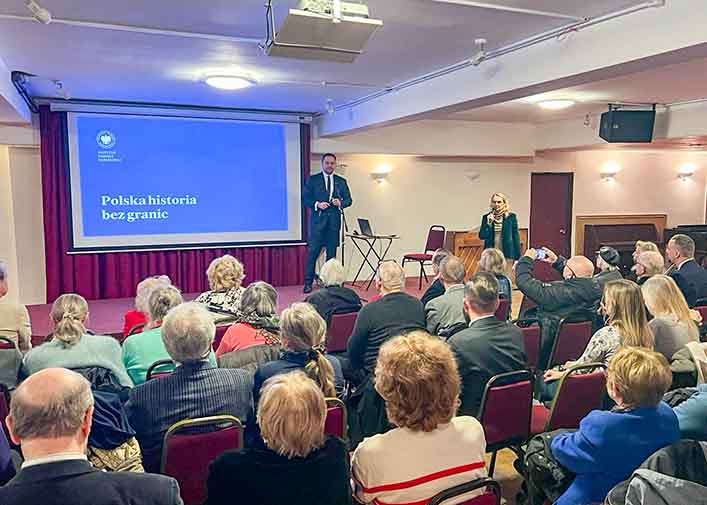
Lecture by Dr. Karol Nawrocki "Polish history without secrets" in the POSK Malinowa Hall. Photo: British Poles (Source: britishpoles.uk)
GB: The Institute’s work is largely devoted to the victims of totalitarian systems. You restore their memory, erect monuments, and bury their remains in consecrated ground. Please tell our readers how this is being done.
KN: On several levels. The IPN’s Office of Search and Identification finds the remains of murdered Polish heroes, restores their names and provides them with a dignified burial. The Office for the Commemorating of Struggle and Martyrdom, among other things, takes care of the graves of veterans of the Republic’s struggle for independence – including those resting in the UK. For example, in 2019 it funded a plaque on the grave of Lieutenant Stefan Abramowicz, a General Anders soldier buried in Manchester’s Southern Cemetery. The restoration of memory, which you also mentioned, is largely due to the educational activities of the IPN, carried out by the Office of National Education and other divisions of the Institute.
GB: On the other hand, you are removing testimonies of enslavement from the public space. How many monuments of so-called gratitude to the Red Army have you managed to eliminate? How important is the Institute’s role in the issue of decommunization?
KN: The first wave of decommunization of public space swept through Poland immediately after the collapse of the communist system. Back in 1989, the monument to Feliks Dzierżyński disappeared from the centre of Warsaw, while the monument to Lenin disappeared from Nowa Huta in Cracow. Despite this, many names and symbols propagating communism, including propaganda objects honouring the Red Army, remained in public space at the time. It was not until the 2016 Decommunization Act that a breakthrough was brought about, although this too provoked resistance from some local authorities. The full-scale invasion of Ukraine by the Russian Federation in February 2022 made it clearer than before to many people what a lack of reckoning with communism can lead to. At the time, I appealed to local authorities to remove from public space all names and symbols still commemorating persons, organisations, events or dates symbolising communism. The response was great. Of the 60 or so Soviet propaganda objects that were still tarnishing public space in Poland at the time, we removed more than half within a year and a half. We will not rest until the last of them disappears.
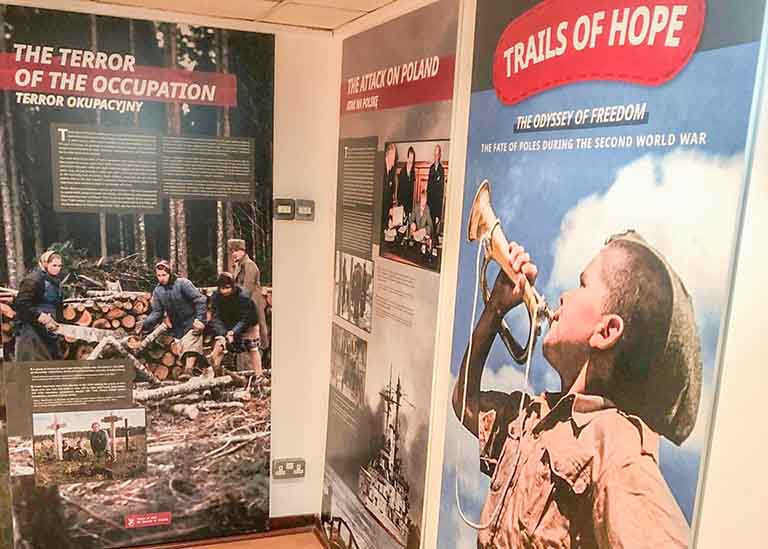
Fragment of the exhibition "Trails of Hope. Odyssey of Freedom. The fate of Poles during World War II. Photo: British Poles.
GB: What are the Institute’s plans for 2024? How do you intend to promote Polish history abroad? I make no secret of the fact that our Polish community is very much looking forward to the continuation of the Institute’s activities promoting Poland in the UK. The needs in terms of historical education are enormous, and a reliable message on the international arena is simply priceless.
KN: I agree one hundred per cent with you, Mr Editor. The flagship project of the IPN remains „Trails of Hope. Odyssey of Freedom’ – a wide-ranging educational and memorial programme to remember the sacrifice of Poles who fought on all fronts of the Second World War, as well as the wandering of the Polish civilian population at the time. An important part of the project is an exhibition under the same title, which has already been hosted on several continents and which has just opened in the Eagles Room at POSK in London. It will be on display there until the end of March – I warmly encourage you to visit it. Of course, we also promote Polish history abroad in many other ways. For several years now, we have been reaching out to the inhabitants of the United Kingdom with a series of „History Stops”. Today, such IPN stops operate in London and Edinburgh. At the same time, we are trying to reach not only the Polish community, but also a foreign-language audience. Thanks to the project 'Telling Poland to the World’, articles by our authors are published in several foreign languages, including prestigious titles with a global reach. We want our researchers to be present even more often at foreign conferences, and our books to be published also in renowned foreign outlets. Nothing about us without us! However, it is up to us to ensure that these words are not idle wishes.
GB: Thank you for the meeting and interview.
KN: Thank you.
Intervied by George Byczynski, British Poles.



